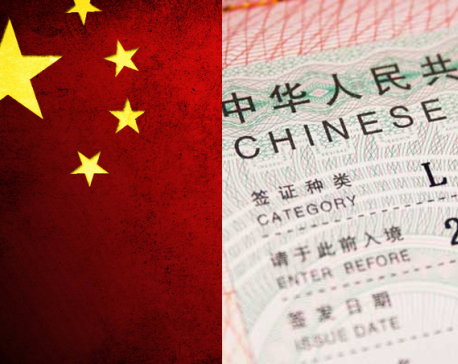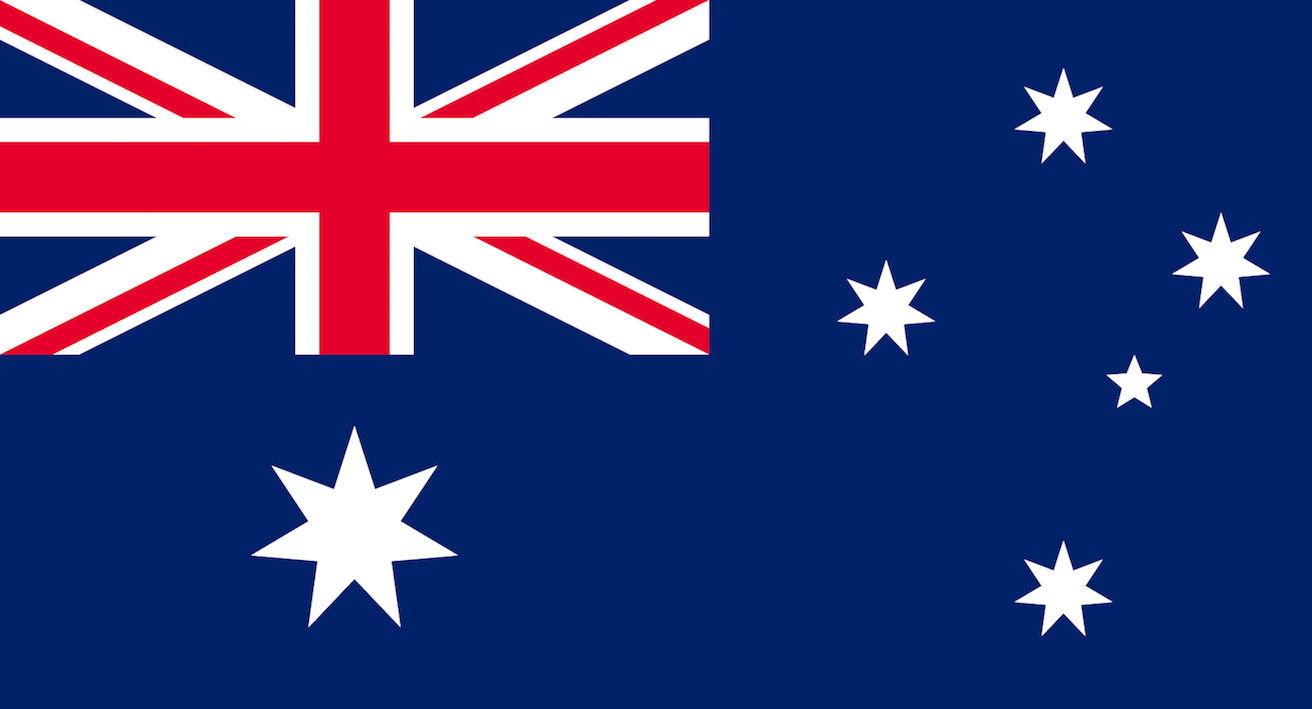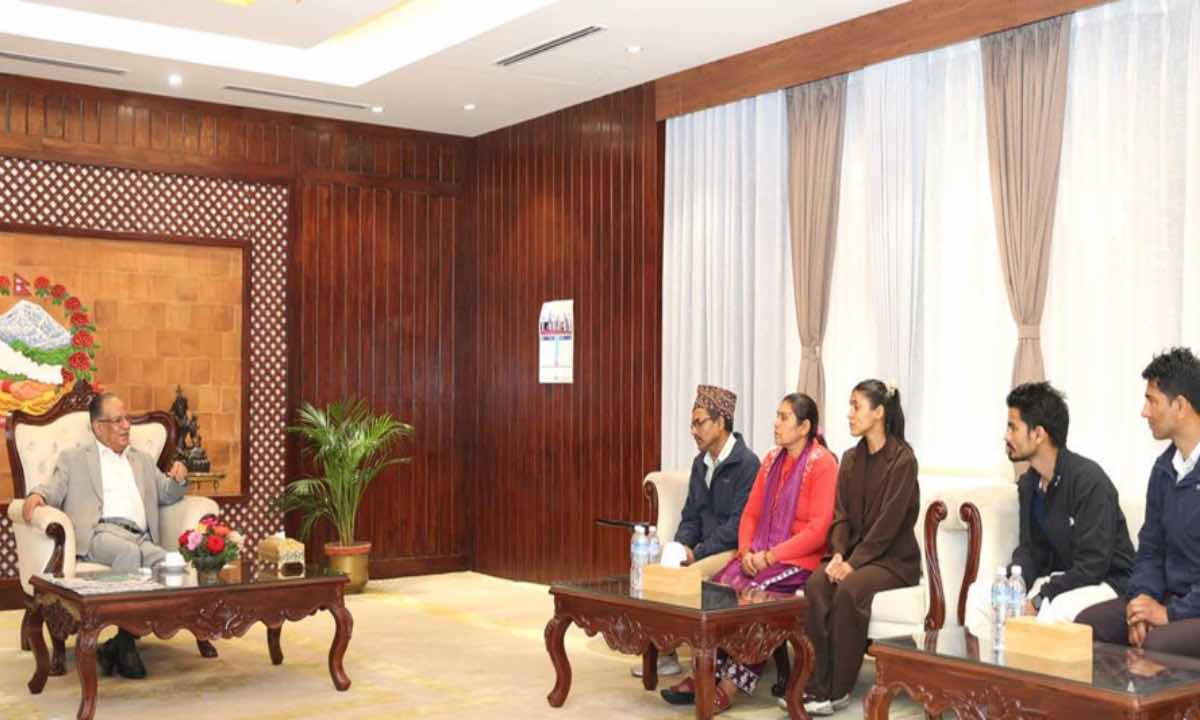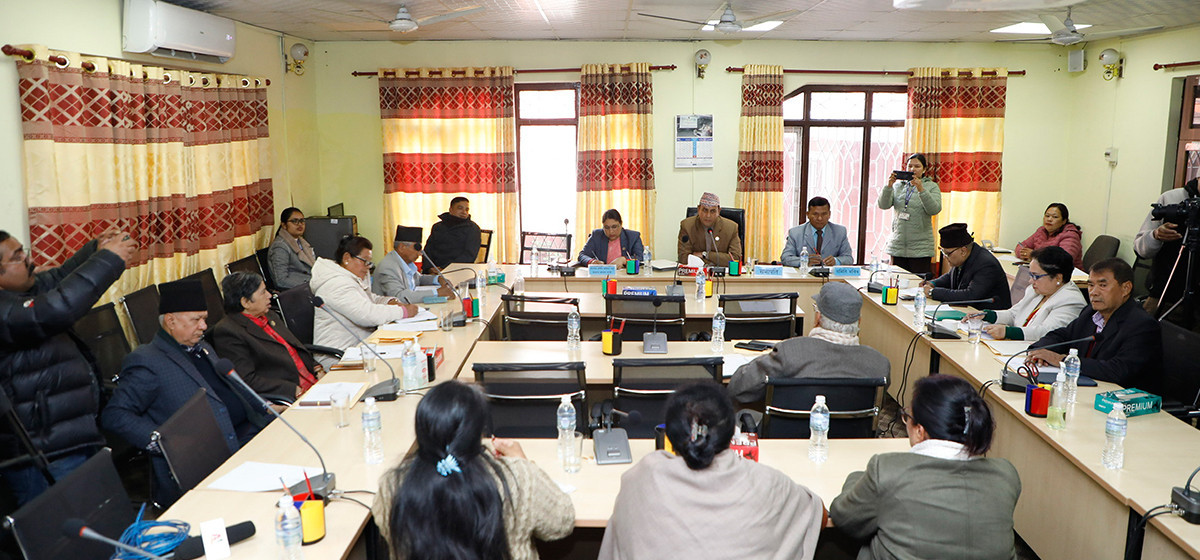
OR
Commissions for marginalized face lack of budget, personnel
Published On: January 28, 2018 02:30 AM NPT By: Chandni Hamal
KATHMANDU, Jan 28: Various constitutional bodies formed to protect and promote the rights of women and other marginalized groups in the country have been facing difficulties carrying out their mandated work due to budget crunch and shortage of personnel, officials said.
The new constitution elevated the National Women's Commission to a constitutional body. However, the body is yet to take full shape due to apparent indifference on the part of the government when it comes to appointing
its office bearers. The commission is currently being run by civil servants.
"First, the legislation for setting up the commission has already limited its jurisdiction. On top of that, the commission faces a shortage of funds, logistics and gender-friendly civil servants," said a former member of the commission, Dhan Kumari Sunar. She worked at the commission for four years from 2008.
Sunar said that the government's lukewarm approach to appointing the commission board members shows that it is not serious about women's rights. "The endorsement of the enabling legislation has already paved the way for the government to appoint the board members," she added.
As per the enabling act, the office bearers are to be five in number including the chairman . Members should be appointed from the Dalit, Madhesi and ethnic communities. On the administrative side, a secretary is to be appointed by the government. Currently, the secretary is working as the executive chief of the commission in lack of office bearers.
Similarly, the National Dalit Commission, another constitutional body , has also not been able to function effectively as it has remained without office bearers for the last five months. The tenure of all 16 office bearers of the commission, which was formed to end all cast-based discrimination, expired in August 2017.
The commission is currently being run by an under-secretary. "The commission is virtually defunct," said its former executive member Manjit Tamrakar. With the promulgation of the new constitution, the commission also gained constitutional status but the government has not done anything to equip it with the required logistics and budget. For two years after being elevated to constitutional status, the body was compelled to carry out its work under a line ministry for lack of funds and infrastructure.
"With its status as a constitutional body, the commission is definitely empowered to investigate cases involving caste-based discrimination. Unfortunately, the it has not been able to do anything for lack of resources," Tamrakar said.
The National Human Rights Commission is considered comparatively better positioned in terms of resources and personnel. But Mohna Ansari, one of its commissioners, has accused the police of not providing enough support for the investigation of human rights violations.
"It is really sad that the newly elected leaders have not been able to give priority to protecting the rights of women, children and other marginalized groups," she added.
Sociologist Krishna Bhattachand says the prospects for an individual from the marginalized communities seeking justice are still weak due to government indifference . "Unless the commissions established to uphold the rights of the marginalized are properly equipped, we cannot imagine an inclusive and equitable democracy," he said.
Similarly, even though the Indigenous Nationalities Commission of Nepal bill has already been endorsed by parliament, the commission is yet to be formed. The government has not made any effort so far to establish the commission .
You May Like This

Entrepreneurs face problem in lack of construction of Kabeli Corridor
KATHMANDU, Dec 22: Three hydropower projects, which are in their final stages to generate power, would face problem in lack... Read More...

Nepali traders face hassles due to lack of China business pass
KATHMANDU, April 17: Nepali businessmen at Rasuwagadhi are facing hassles after being denied of entrance passes to China. ... Read More...

Lack of budget to purchase paper hampers JEMC book printing
KATHMANDU, Dec 5: The Janak Education Materials Center (JEMC) has encountered with hurdles to print school textbooks as it is... Read More...




Just In
- Nepal face early setback as four wickets fall in powerplay against UAE
- Australian unemployment rate rises to 3.8 percent in March
- Gold price increases by Rs 700 per tola
- Fire destroys wheat crop in Kanchanpur, Kailali
- Bipin Joshi's family meets PM Dahal
- State Affairs and Good Governance Committee meeting today
- Gold items weighing over 1 kg found in Air India aircraft at TIA
- ACC Premier Cup semi-final: Nepal vs UAE













Leave A Comment